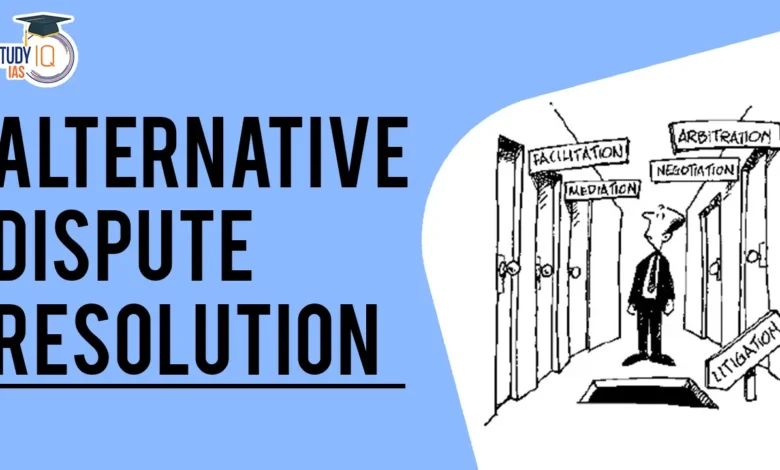The Role of Alternative Dispute Resolution in Bail Bond Conflicts

In the bail bond industry, disputes are not uncommon, ranging from disagreements over contract terms to conflicts regarding the responsibilities and obligations of the involved parties. Traditional litigation can be costly and time-consuming, making Alternative Dispute Resolution (ADR) an appealing option. ADR includes various methods such as mediation, arbitration, and negotiation, which serve as practical alternatives to resolving disputes outside of conventional court proceedings.
Efficiency and Cost-Effectiveness
ADR processes like mediation and arbitration are generally faster and less expensive than litigation. This efficiency is crucial in the bail bond industry where time is often a critical factor. Quick dispute resolution can prevent extended jail time for defendants and reduce the holding costs for bail bond agents. Mediation, for example, can resolve conflicts in a matter of days instead of the months or years that litigation might take, saving both parties significant legal fees and court costs.
Confidentiality
Unlike court cases, which are typically public, ADR offers a private forum in which the parties can resolve their issues confidentially. This aspect of ADR is particularly beneficial in the bail bond business, where the parties may prefer to keep the details of their dispute and its resolution out of the public eye. Confidentiality can protect the reputations of all involved, including the bail bond agency, the defendant, and other related parties.
Preservation of Relationships
Mediation, a common form of ADR, involves a neutral third party who helps the disputing parties find a mutually acceptable solution. This method is less adversarial than traditional litigation and can help preserve professional relationships. In the context of bail bonds, where agents, clients, and other entities must often work together repeatedly over time, maintaining these relationships is beneficial.
Flexibility
ADR offers more flexibility compared to the harsh structure of court proceedings. The parties can tailor the process to fit their specific needs, including choosing a knowledgeable arbitrator or mediator familiar with the bail bond industry. This flexibility can lead to more creative and effective solutions that are agreeable to all parties involved.
Enforceability
Arbitration, another key form of ADR, usually results in a binding decision that is enforceable in a court of law. This binding nature ensures that once a dispute is resolved, the parties can rely on the outcome being final, reducing the risk of future conflicts. For bail bond businesses, having a definitive resolution means that they can swiftly return to their core operations without lingering concerns.
Practical Examples and Application
In practice, ADR can be utilized in various scenarios within the bail bond sector. For instance, if a disagreement arises over the payment agreement terms, where the indemnitor feels they were not properly informed of their obligations, mediation can help clarify these issues. If there is a dispute over the return of collateral post-case resolution, arbitration can provide a definitive ruling based on the contract terms.
Conclusion
The implementation of Alternative Dispute Resolution in bail bond conflicts offers numerous advantages including cost savings, speed, and the preservation of business relationships. As the bail bond industry continues to evolve, ADR represents a vital tool that can help stakeholders navigate disputes efficiently and effectively, ensuring smooth operations and reduced legal risks.



